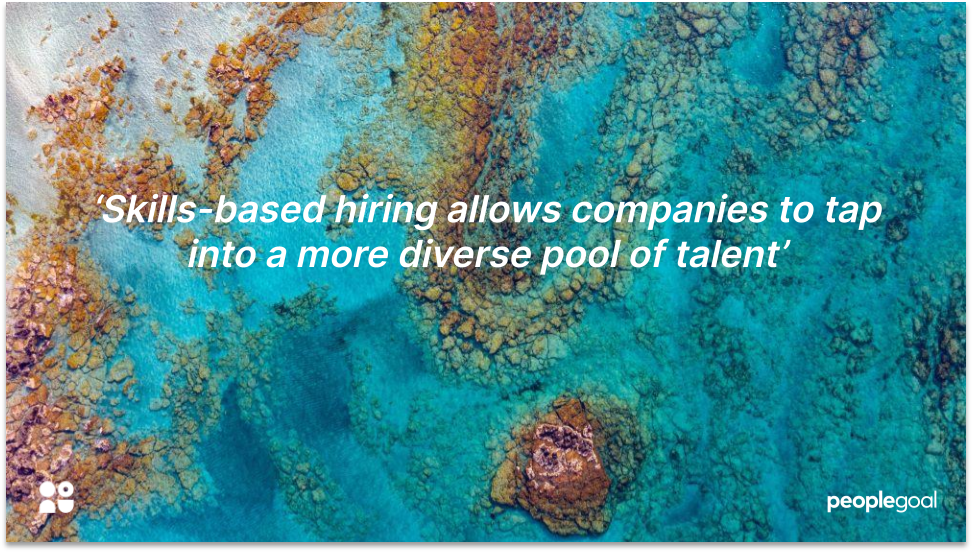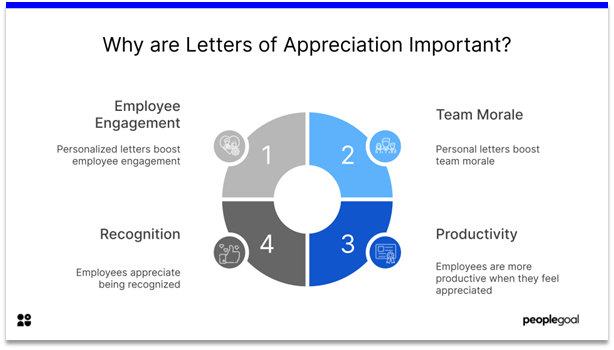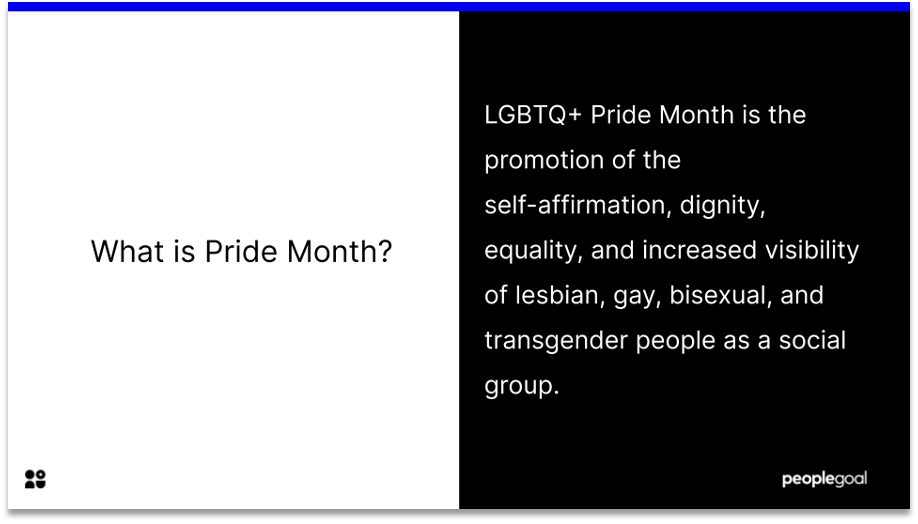Defining your career goals is essential for career development and development planning. Managers should encouarge their employees to write these down so that there are records to keep referring back to. It may serve as motivation to track employee progress and re-define your ambitions.
Some people also choose to write their career goals on their CV. This supports their reference letters and shows to employers that they are ambitious and are making long-term plans. Organizations may appreciate this as they look to improve rates of employee retention and reduce their turnover.
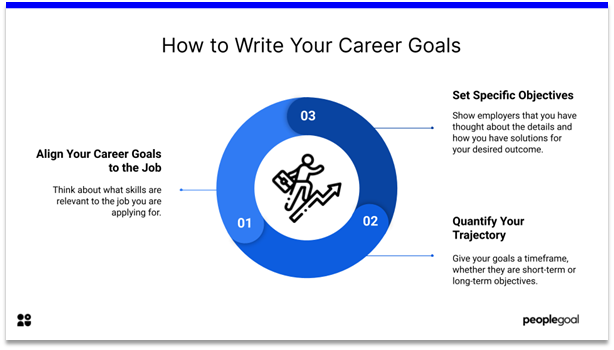
In this blog we will give essential tips on how to set your career goals.
Step 1. Align your career goals to the job
When creating your career goals, it is important to think about the job that you’re applying for, in addition to your ideal job. Identify how your skills, attributes, and competencies are relevant to this job. Once you have established a few elements of the job that you are suited to, write a couple sentences describing what you would like to acheive, and how this partiular job role will help you to do this.

For example – “My communication skills lead me to feel ideally suited to a role in customer service. I’m ideally looking for a position with a vibrant, growing company which will allow me to learn new skills and offer opportunities for growth over time.”
👉 Check out our guide to create a development plan
Step 2. Quantify your trajectory
Use your career goals to show your employer that you are a candidate who knows what they would like to do and how to get there. Think about your goals and ambitions, and determine the timeframe within which you would like to achieve this. Setting quantifiable goals shows that you are motivated. Ensure that you clarify how long you would like to stay in this role for. Employers are looking to reduce their employee turnover and therefore seek to invest in staff who will remain at an organization for several years. Affirm you intend to offer your employer loyal service in exchange for the opportunity to progress your career.

For example – “Seeking a customer service position with the hope within five years to attain the skills and experience necessary to reach the level of customer service manager. Any and all opportunities for professional development will be capitalised on to achieve this aim.”
👉 Read our blog to prepare for common interview questions
Step 3. Set specific objectives
In addition to career goals, think about more specific objectives that you are aiming to achieve. This demonstrates to an employer that you are detail-oriented and have thought about what you need to do to progress along your chosen career path. Employers will value that you are able to create solutions that enable a desired outcome. Consider using a SMART Goal methodology to show that your goals are specific, measurable, attainable, relevant and time-bound.
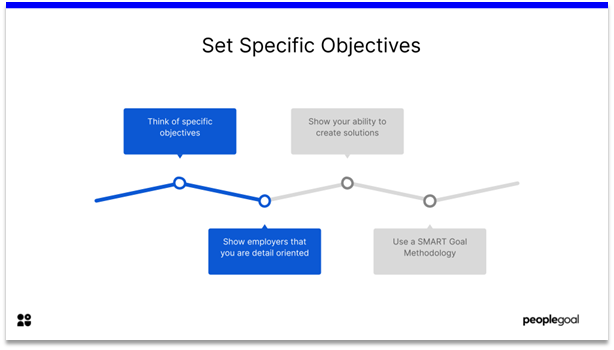
For example – “Part-time daycare work is the ideal way for me to get hands-on experience, to supplement what I’m learning as a part of my childcare course at (Your University). It’s my goal to begin teaching pre-school children on the completion of my degree.”
👉 Try downloading our SMART Goals Template
Understanding how to efficiently write your career goals it an important step in starting your journey to achieve them. Keep your goals as simple as possible and reflect upon why they are an important step along your career path. Stay focused and show employers you are motivated to perform at your best and succeed.
PeopleGoal offers solutions in Core HR and Onboarding, Development, Employee Engagement, and Performance Management. Our customizable workflows can be adapted to suit your company culture and unique requirements. Browse our app store to kickstart your goal-setting processes and career development procedures.
Ready to 3x Your Teams' Performance?
Use the best performance management software to align goals, track progress, and boost employee engagement.


